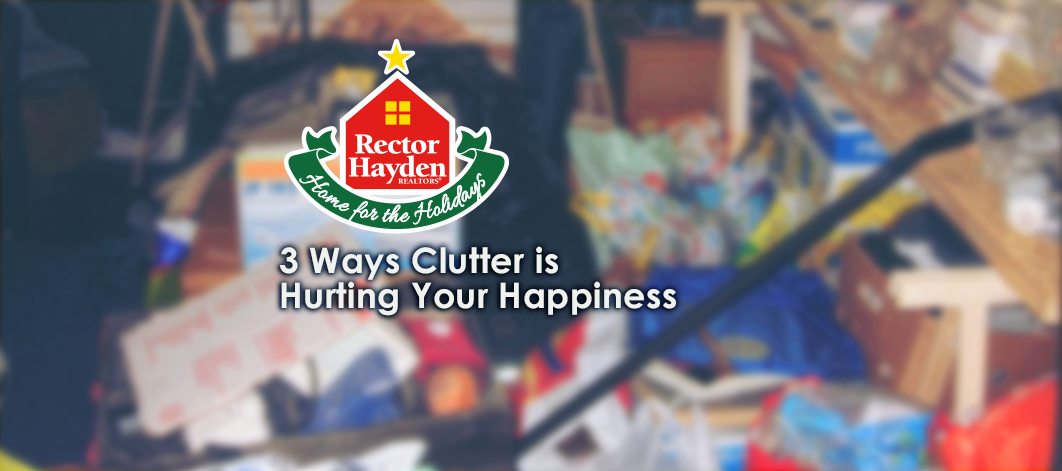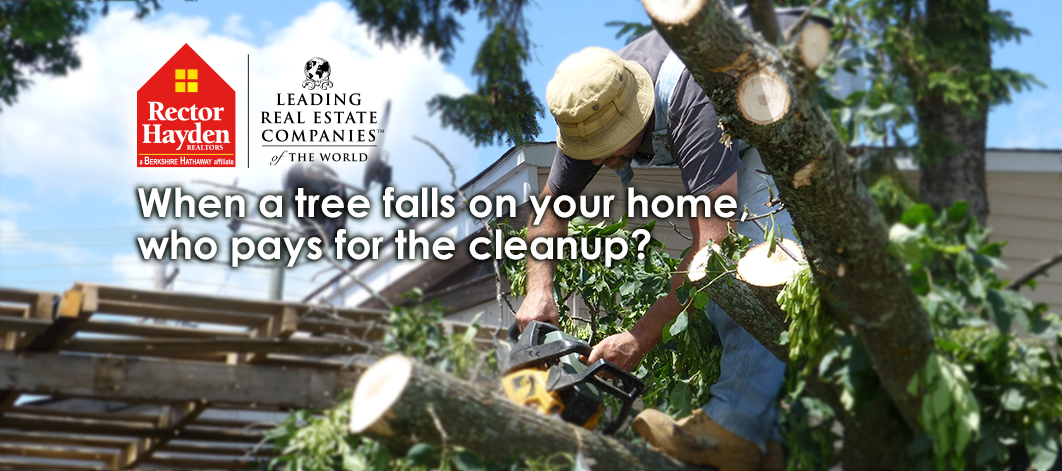The problems with clutter…
The urge to de-clutter often stems from a simple annoyance, like stepping on a Lego or running into furniture that’s too big for the space. But in order to really commit to a more minimalist lifestyle, you’ll want to consider the deeper ramifications of having too much “stuff”.
Here are some insights you can use for downsizing your belongings, and how doing so can affect everything from your expenses to your well-being….to selling your home.
Problem One: Clutter is expensive
For many of us, a successful shopping trip is one where the cart is filled to the brim with good deals — not one where we successfully avoided the tempting sale section and bought only what we needed. Once the habit of getting a good deal takes hold, it can seem impossible to say no to another knick-knack or a second set of novelty wine glasses — or to see that these items will be a waste of money in the long run. Of course, it isn’t just the buying of “stuff” that makes it expensive. Storing it can also get pricey. Too many people are paying thousands of dollars per year to store items they’ll never use or see again.
Problem Two: It isn’t making you happier
If your cluttered home stresses you out, you’re not overthinking it and you’re not alone. A recent UCLA study shows that women with a high density of household objects feel more stressed than those with less stuff. It’s not hard to see why: Well-maintained homes are the ideal portrayed in every magazine and movie, but the expectation to buy more stuff also weighs heavily on most Americans. The end result? Families purchase things they don’t need and don’t have space for, then feel stressed that their houses don’t resemble the ones portrayed on HGTV.
Problem Three: It makes it harder to sell your home
Today’s homebuyers expect to see decluttered homes with clean walls, minimal décor and extra storage. To list a home that will appeal to the masses, most sellers may need to depersonalize by boxing up personal items and photographs (and maybe change up furniture arrangements) — but sellers with overly-cluttered homes may have to look into investing in a storage rental unit to get their home in peak selling condition.
Considering selling?
Decluttering is usually the first step to selling your home, and we can help advise you on that – and the rest of the process. Call your Rector Hayden Agent today!





